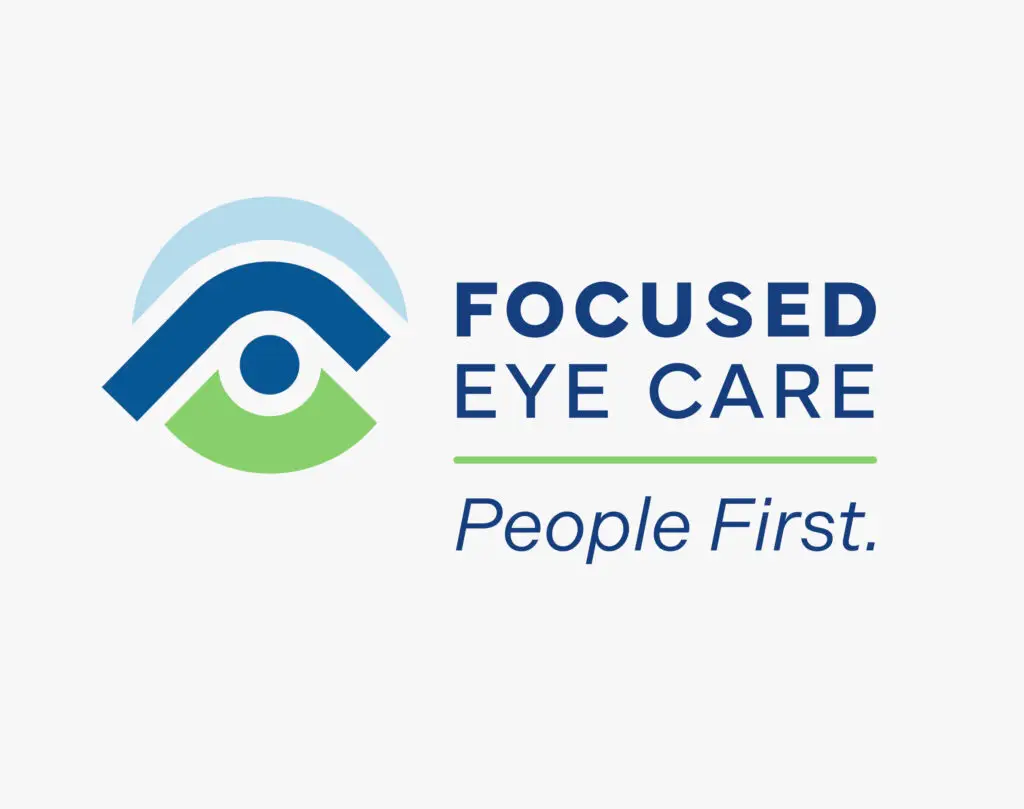Holiday Food Drive

Please help us in collecting non-perishable food and personal items this holiday season. Donations received will go to the Nashua Soup Kitchen & Shelter and Milford SHARE Outreach.
Open House

Join us for our open house and get to know the FEC family with a fun night of community, giveaways and, of course, eye care!
Our “People First” Values Set Us Apart

At Focused Eye Care, we’ve spent the past several years looking inward and refreshing our branding and logo. Not to redefine who we are, but to reaffirm what’s always made us unique.
Dr. Lyudmila Sutherland, O.D., Joins Focused Eye Care

With over a decade of experience in optometry, Dr. Sutherland provides comprehensive eye care as well as management of dry eye, glaucoma, age-related macular degeneration and other ocular conditions.
Dr. Ronald Coutu, O.D., Joins Focused Eye Care

Focused Eye Care, a well-established southern New Hampshire practice providing comprehensive eye health and optometry services, has announced that optometrist Ronald Coutu has joined its growing team.
Dr. Catherine Johnson, O.D./F.A.A.O., Joins Focused Eye Care

Focused Eye Care, a practice dedicated to providing comprehensive eye health and vision care services to southern New Hampshire and northern Massachusetts, recently welcomed Catherine Johnson.
We’re Now In Milford

As of September 1, 2021, Focused Eye Care has expanded its vision of providing better eye care, with a new office in Milford, New Hampshire. We took on the long-standing practice of Dr. Philip S. Aubrey, who becomes part of the FEC team.
How Germs Can Travel to Our Eyes

Whether we’re tired, our eyes feel dry or itchy, or there’s something stuck in one of them, it seems like the easiest way to make it feel better is to rub them a little. Unfortunately, doing that spreads germs from our fingers to our eyes.
Women’s Eye Health

Women, unfortunately, tend to be more vulnerable to a number of eye diseases, even if they are less likely than men to sustain a sight-threatening eye injury over the course of their lives. So what can they do to protect their eyesight?
A Crash Course on AMD

Age-related macular degeneration (AMD) causes the gradual loss of central vision through the deterioration of the macula, or the part of the retina that gives us our sharp, detailed central vision.


